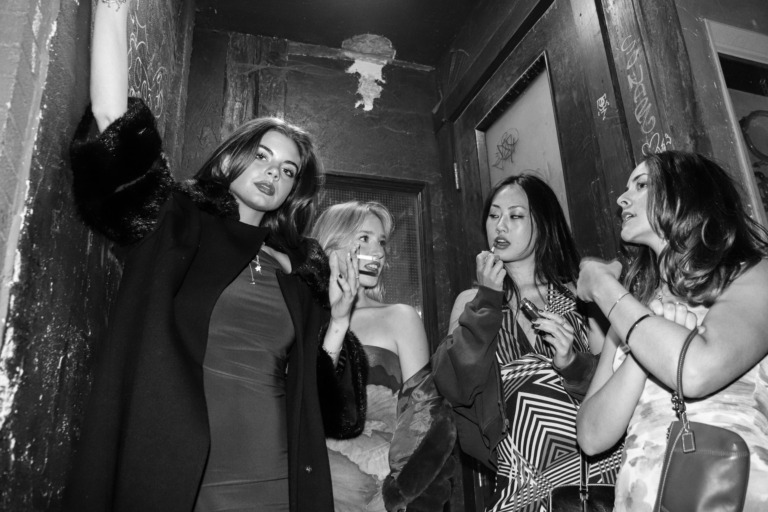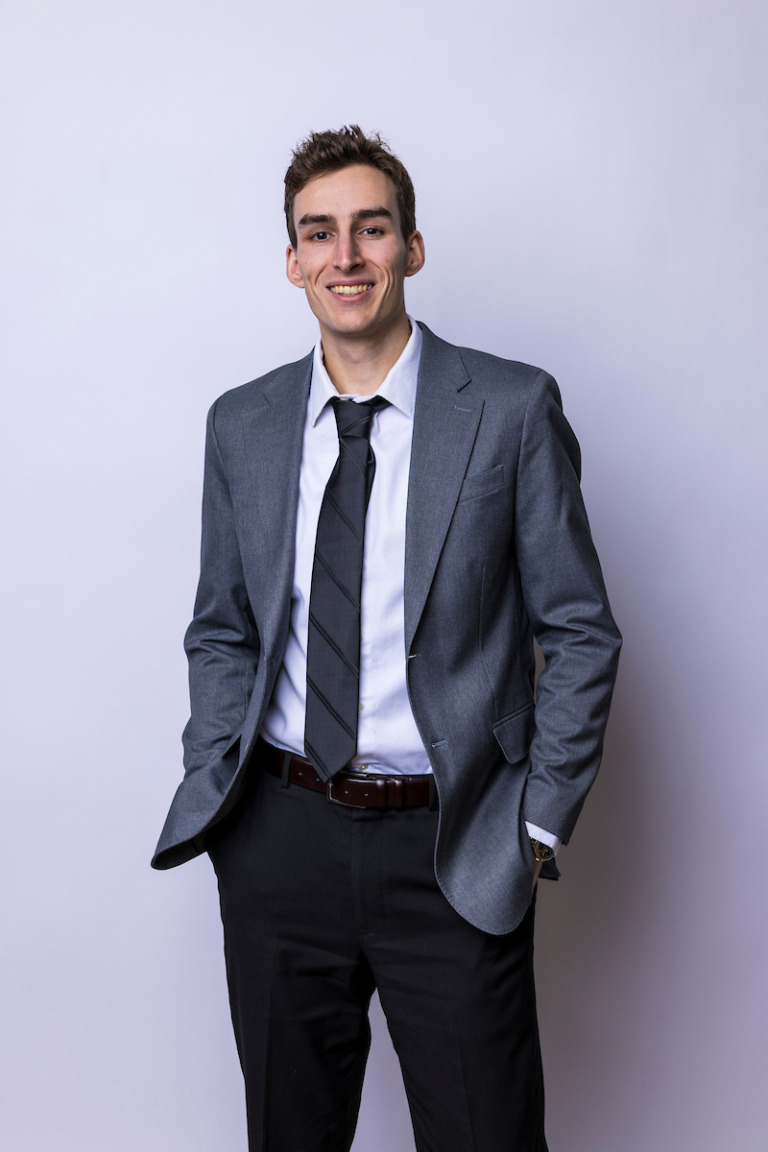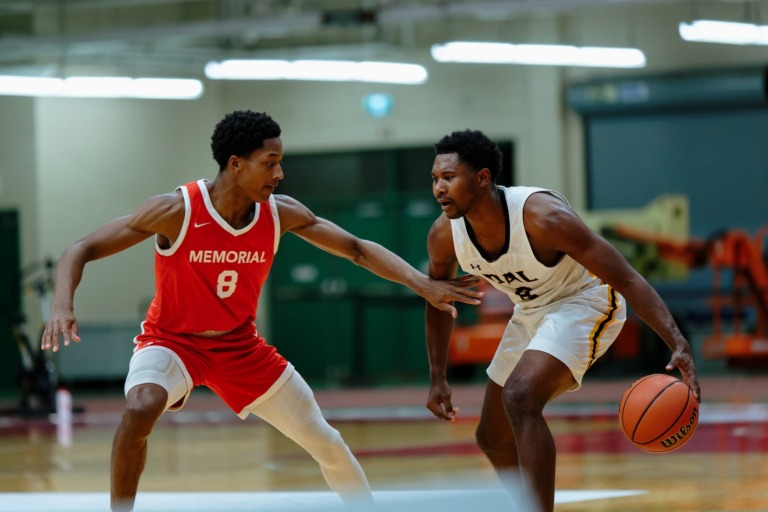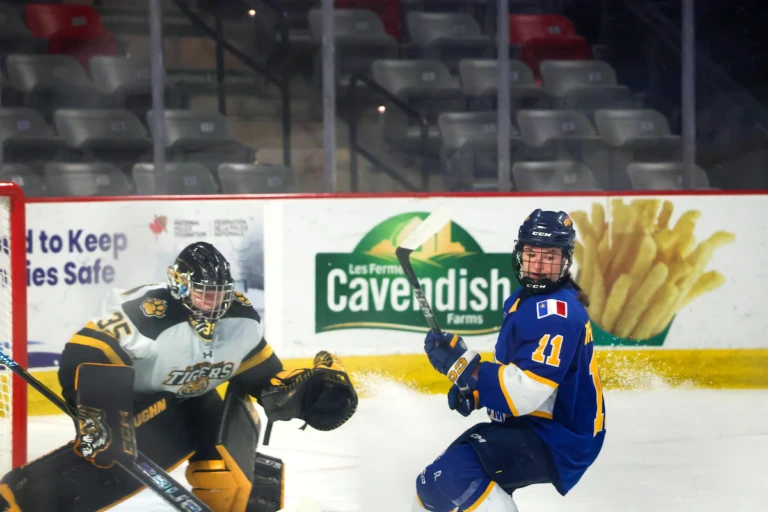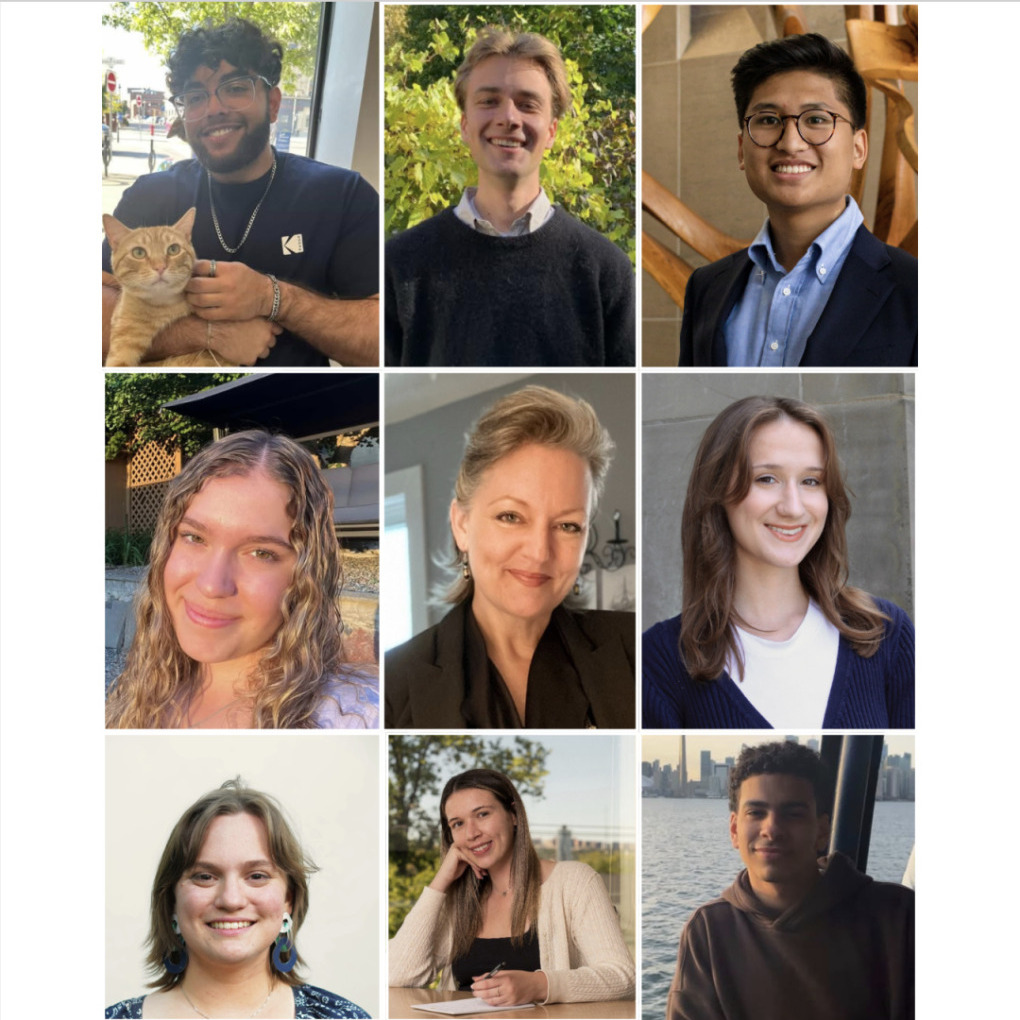
Meet the DSU’s 2025 byelection candidates
Learn more about the candidates running for faculty and community representatives
This year’s Dalhousie Student Union byelection includes seven faculty representative candidates and two community representative candidates.
Students will receive an email on Nov. 4 with a link to vote on six representative positions with a total of nine candidates. The voting period will end Nov. 5.
Four unfilled representative positions do not have any candidates running in the byelection: Indigenous students community representative, students living in residence community representative, faculty of dentistry representative and faculty of graduate studies representative.
Abdullah Al-Khattab, disabled students community representative candidate
Abdullah Al-Khattab, a third-year neuroscience student, hopes to advocate for students with disabilities by improving access to accommodations and streamlining online support.
He says Dalhousie University’s accessibility website is difficult to navigate and does not meet the needs of many students.
“The accessibility website, along with Dalhousie’s website in general, is extremely outdated,” Al-Khattab says. “It could all be easily simplified.”
To address this, Al-Khattab proposes commissioning Dalhousie students to develop a “one access hub” — a centralized platform to make accommodations and support services easier to access.
“The one access hub would make accessing accommodations easier for those with sensory issues, disabilities or anyone just looking for clear answers.”
Al-Khattab is involved with the Diabetes Awareness Society, Friends of Doctors Without Borders and the Muslim Students’ Association.
Veronica Reynolds, disabled students community representative candidate
Veronica Reynolds, a fourth-year theatre studies and cinema and media student, hopes to draw on her lived experiences to foster safety, inclusivity and greater understanding among students.
“As a student with accessibility needs, I noticed that the accommodations at Dalhousie are not proper,” she says. “Our representation needs to be more diverse.”
Reynolds has years of advocacy experience supporting queer and disabled communities in professional fields, including film, marketing and dental hygiene.
She says a stronger collaboration between Dalhousie and the University of King’s College could lead to more meaningful progress.
“There should be one community position that represents both universities,” she says. “We can unite as a stronger student body to get the accommodations we need.”
Thea Crawford, faculty of arts & social sciences representative candidate
Editor’s note: Thea Crawford is the vice-chair of the Dalhousie Gazette Publishing Society’s board of directors. The publication’s board of directors has no involvement in the editorial content of the Gazette.
Thea Crawford says her approach to the role will focus on improving transparency and strengthening communication within Dalhousie’s faculties.
“We need to be more cohesive,” she says. “Students and professors need to communicate better, and faculty members need to come together to plan assignments and exams.”
The fourth-year law, justice and society student says the university’s handling of the elimination of the notetaker program is an example of how communication around important decisions could be improved.
“As someone with accommodations, transparency around changes to services and regulations is important,” says Crawford.
She is a member of the Women in Business Association and the Undergraduate Law Society. Crawford also serves as the vice-chair of the Gazette’s board of directors.
Brooke Wandler, faculty of arts & social sciences representative candidate
As a member of the Community Assistant Team (CAT) in Dalhousie residences, Brooke Wandler has seen first hand the mental health challenges students experience.
“I chose to put a lot of energy toward taking care of my students,” she says. “One way I was able to support them was by making it known that I was there to talk.”
Wandler, a fourth-year law, justice and society student, served as a CAT member in the Howe and Risley residence halls from 2023 to 2025.
If elected, Wandler says she wants to collaborate with the Student Health and Wellness Centre to create more accessible, non-professional mental health support on campus.
“Spearheading a peer support group for mental health would open up a safe place for students to go when they need someone to talk to or just be alone.”
Rose Silivestru, faculty of law representative candidate
Rose Silivestru, a first-year law school student, understands that law students juggle heavy academic and personal commitments. She says she has extensive experience in leadership and advocacy.
“I will work on pushing student concerns forward and making sure that we’re finding resolutions. I have developed the skills to do that work painlessly.”
Silivestru was the organizer behind @dallockedout on Instagram, an account that platformed student perspectives during the Dalhousie Faculty Association lockout earlier this semester.
“One of the reasons Dal came back to the table during the DFA lockout was because of student support,” she says. “Student support is only measurable if you have the organizational capacity to make it visible.”
Looking ahead, Silivestru says Dal’s high tuition costs are not accessible to many students and wants to create new financial incentives to foster a more diverse student body. She plans to address a current policy that requires students to take out a line of credit before accessing financial aid.
Davin Caratao, faculty of law representative candidate
Davin Caratao is a second-year juris doctor law student. After serving as last year’s faculty of law representative, Caratao says he is familiar with the DSU’s bylaws and policies.
This year, Caratao plans to take a more people-focused approach.
“I want to tap into what law students need from the DSU to make it a viable support option.”
Serving as both vice-president external of the Law Students’ Society (LSS) and faculty representative, Caratao says his dual role makes him well-positioned to advocate for law students.
“With me, there’s no middleman. Law students would have a direct line to the DSU.”
Caratao says the faculty of law requires a tailored approach to representation.
“You can’t paint it with the same brush used for other undergraduate programs,” he says.
He invites students to visit him at the law society’s office on Thursday afternoons to share any concerns or feedback.
Brooklyn Hipson, faculty of agriculture representative candidate
Brooklyn Hipson, a fourth-year bioveterinary science student, wants to raise awareness of student life in Truro and improve connections with the Halifax campus.
“A lot of our students feel disconnected from the Halifax campus,” she says.
Hipson plans to create initiatives and events that foster better communication and collaboration between the campuses.
“If both campuses work together with the DSU, we could have this beautiful relationship where every student feels welcome.”
She’s enrolled in Dalhousie’s High-Performance Leadership Program, which helps students develop leadership skills through workshops and mentorship while emphasizing community values among diverse groups.
Hipson says uniting people with different interests and circumstances will be central to her role as a faculty representative.
“We are all one Dal. We can work together to make change.”
Ivan Kredl, faculty of architecture & planning representative candidate
For the first time in three years, a candidate is running to represent the faculty of architecture and planning at the DSU.
Ivan Kredl, a first-year student in the master of planning program, decided to run after noticing the long-vacant seat. He says the lack of representation means his faculty hasn’t received the recognition it deserves.
“Just being there is a big first step.”
He says having a representative is key to securing funding and other resources for architecture and planning students.
Kredl adds that the DSU election process can be difficult to navigate, discouraging potential candidates.
“If the election process was more straightforward, maybe the position wouldn’t have been vacant for the last three years,” he says. “We could have had representation.”
Yahia Fathalla, faculty of health representative candidate
Yahia Fathalla says equity, diversity, inclusion and accessibility are central to his vision for his faculty’s representation.
“Looking at the different challenges students face, my goal is to break down those barriers and improve accessibility to resources, information and support systems,” he says.
The second-year nursing student plans to advocate for financial aid and better scheduling to ease transportation costs for students completing off-campus clinicals — mandatory components in many health programs.
“Some clinicals are far and hard to reach,” says Fathalla. “It puts some students at a disadvantage depending on their resources and access to transportation.”
Fathalla hopes to expand the mentorship program started by the Dalhousie University Nursing Society, where he currently serves as co-class representative. He says mentorship opportunities should be available to students across all health disciplines.
Outside of academics, Fathalla is involved with the Bladder Cancer Awareness Society and Islamic Relief at Dalhousie.

